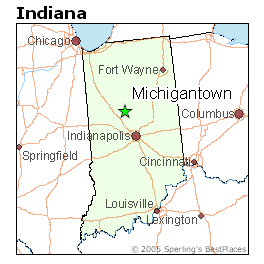Here is an in-depth look at the LEAP project in Boone County, by a caffeine-ridden young female reporter looking to impress her boss.
Kevin Keith
Owner and GM KNS Radio
8/28/25
The LEAP District
- Short for Limitless Exploration/Advanced Pace, the LEAP Innovation and Research District is a 9,000-acre development zone in Boone County, near Lebanon.
- Championed by the Indiana Economic Development Corp. (IEDC), the site is marketed as a hub for technology, advanced manufacturing, life sciences, and data centers.
- Supporters argue it could attract billions in investment and create thousands of jobs, positioning Indiana as a leader in high-tech industries.
The Water Fight
- Early proposals called for piping up to 100 million gallons of water a day from aquifers in Tippecanoe County — specifically the Granville Bridge area along the Wabash River.
- Local residents and officials sounded alarms, warning that draining aquifers could compromise drinking water, agriculture, and ecosystems.
- In December 2023, Tippecanoe County commissioners enacted a moratorium on high-volume water transfers and radial collector wells, effectively stalling the pipeline plan.
Statewide Pushback
- Intense public backlash forced lawmakers in the Indiana General Assembly to pass new guardrails around large-scale water transfers.
- In February 2025, Governor Mike Braun told a Tippecanoe County crowd he opposed moving water from one watershed to another, calling it “robbing from an area.”
- The LEAP District is still moving forward in Boone County, but without the controversial pipeline — leaving Tippecanoe County residents wary of future attempts.
Why It Still Matters
- Even with new state protections, local officials remain cautious.
- The proposed moratorium extension keeps the county’s guard up, ensuring that high-volume pumping projects can’t quietly reappear without public scrutiny.
- For Tippecanoe County residents, the issue is about more than water — it’s about local control, environmental stewardship, and long-term security.

